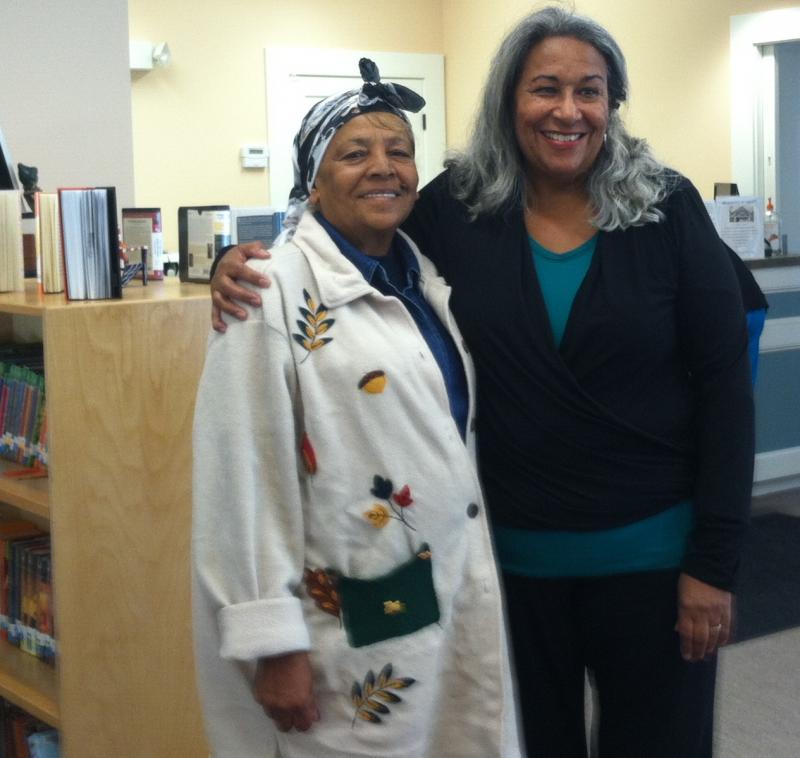Teaching a culture defined by complexity
Cape Verdean author Baltasar Lopes wrote: "If one does not know his past, he will have a dim view of his future."
Wareham native Wandra Harmsen is working to lay the groundwork for some bright futures. She has been sharing her knowledge with residents of Wareham and surrounding towns through her Cape Verdean Kriolu classes at the Wareham Free Library.
During her classes, Harmsen focus as much on teaching the language as she does teaching about the complicated history, identity, and culture of Cape Verde.
"It's not enough to just know Kriolu, you have to know the history," she says.
The Oak Grove Cape Verdean Cultural Center reached out to Harmsen to teach Cape Verdean Kriolu (or Creole).
"A Creole language is the result of two or more primary languages coming together," Harmsen explained. "In this case, we're talking about Portuguese and West African languages coming together."
There is a vast amount of Creoles, including Mauritian, Haitian, and Dominican.
Cape Verdean culture is in part defined by the diversity that exists within it: "Where does Portuguese culture end and Cape Verdean culture begin?" Harmsen asks rhetorically.
When asked what their race is, "some Cape Verdeans identify as 'other,' some identify as African American, some identify as white," Harmsen says. "It all depends."
Harmsen says that this cornucopia within the culture is part of what makes it special.
"Identity is a big issue for Cape Verdeans," she said. "This is a people who were shaped by slavery and colonialism."
Harmsen grew up in Wareham and knew very little about Cape Verdean culture —despite having grown up listening to her grandmother speak Kriolu.
"At that time, there wasn't a strong sense of Cape Verdean identity," Harmsen says.
A teacher at the University of Massachusetts at Amherst encouraged her to learn more about her heritage.
After graduation, she went to Cape Verde and there briefly before she was kicked out of the country during the revolution that ended Portuguese rule in Cape Verde.
She said she was kicked out for her religious beliefs — she is Bahai — and sent to Lisbon, Portugal.
"The Portuguese were very repressive, especially in the last days of colonialism," she says.
Bahai is an independent world religion that originated in Iran and places an emphasis on the spiritual unity of mankind.
Thanks in part to her time overseas, Harmsen is fluent in both Portuguese and Kriolu.
Kriolu isn't new to all of her students, but Harmsen says that even those who speak it generally can't read or write it.
One of her students, Christine Roderick, speaks the language fluently but takes the classes to enhance her Kriolu reading and writing skills.
"It's wonderful," she said. "I just wish everyone would take this class."
Harmsen is in the fourth round of Creole classes, and each time she's held the class, seats are snatched up swiftly.
"There's such a hunger for this," she says. "It's for anybody who wants to know about Cape Verdean culture and history. It's a good place to start."
Because of the high demand, she is hoping to recruit people with knowledge of Kriolu to teach future classes. To learn more about the classes or if you have knowledge of Kriolu and would like to volunteer, contact Harmsen at wandraharmsen@gmail.com.












